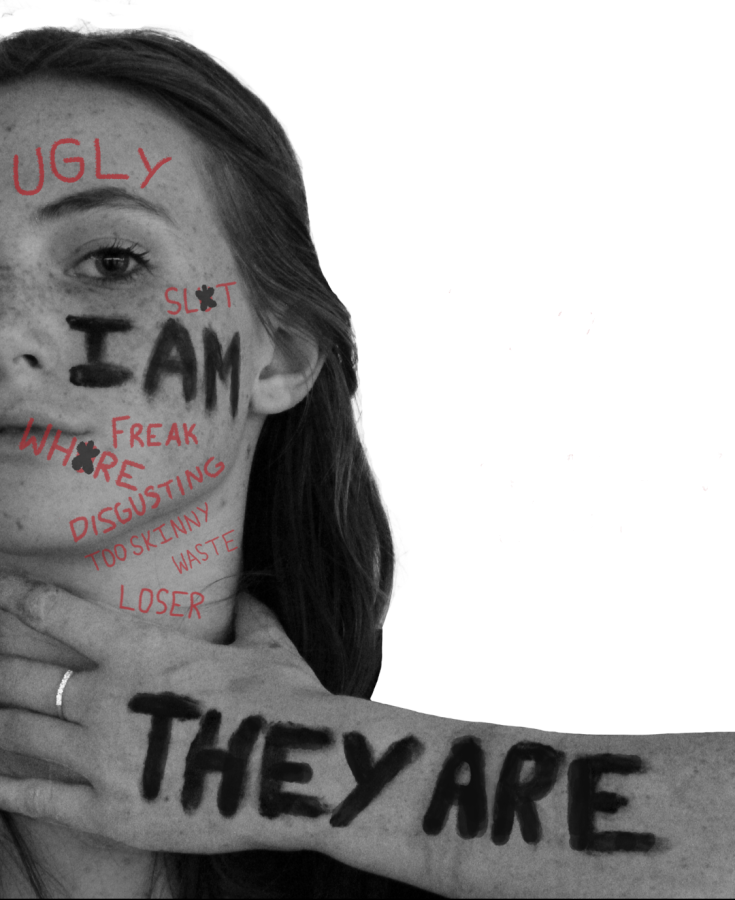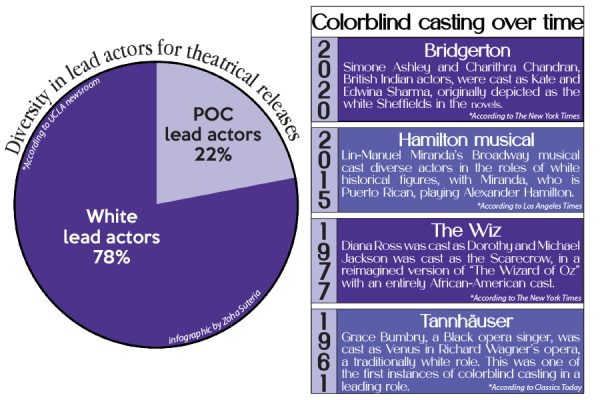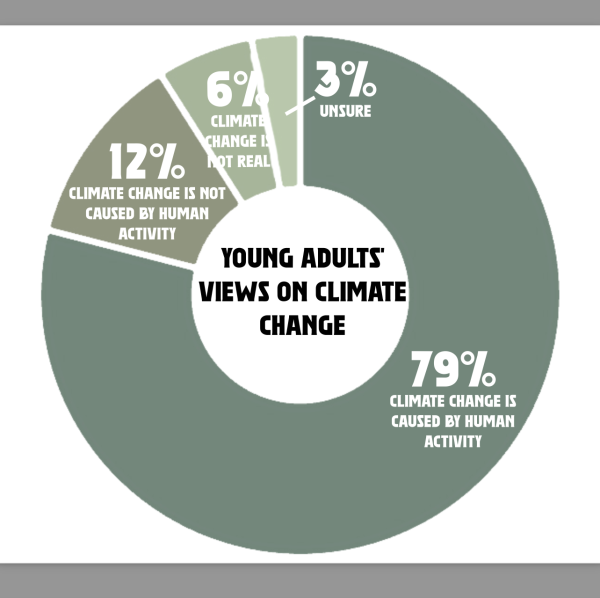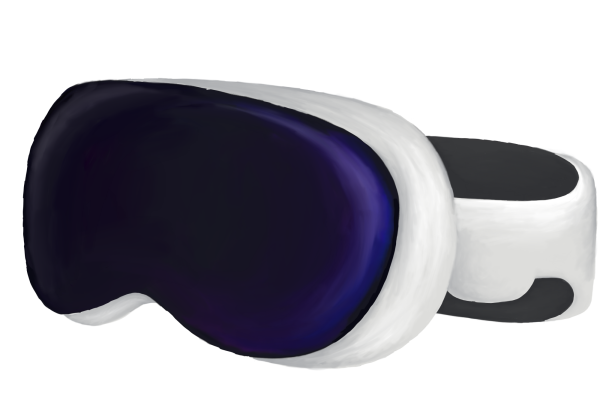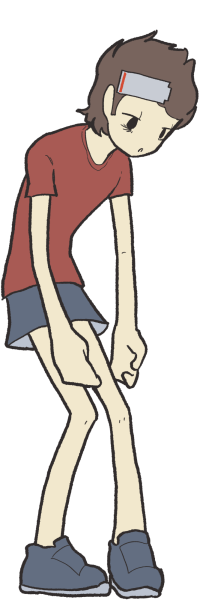Judgement
Words can kill
December 16, 2022
Judgment in our world is often black and white. We determine something we do not like, and we attack it without thought.
Whether it be the harshest of critiques on ourselves or the cruelest perceptions of others, society has grown to be unforgiving. Sometimes you can’t help it and other times it is a conscious choice, but regardless of which, judgment hurts.
When looking at ourselves in the mirror, we are quick to pick at every single miniscule flaw we see. A pimple, a scar, hairs in the wrong spot—all attacked by our gaze.
It is not just the surface we find faults in either. The decisions we make, the things we say, are also deemed stupid or embarrassing, like when we rerun conversations that already happened, thinking of what we could have and should have said instead.
These “imperfections” start to define us, until all we see is the worst possible image of ourselves. It is then that we start taking our own insecurities out on others.
We stab a person in the back with words as sharp as knives, secretly judging them in whispered insults to other people. In worse cases, we insult them straight to their face, feeling better about ourselves because we made them aware that they have bad acne or hairy arms. Even our own internal thoughts turn against them, tearing their image apart in our heads.
Those people we hurt then take our judgments and start to believe them, their insecurity growing, then consuming them, until they themselves need to take it out on everyone else.
And the cycle repeats.
Although seemingly unbreakable, there is an end to this cycle, and it starts with recognizing the word “perfect”.
Our judgments are often rooted in our own idea of what is perfect, and how we or others do not meet this image, but by Merriam-Webster’s definition, no one is perfect.
So, stop trying to be perfect.
I am not saying we should altogether stop trying to improve ourselves, but there is a stark difference between constructively building yourself up and cutting yourself down. When it comes to what we see in the mirror, we should learn to accept everything in front of us, rather than categorizing our features into flaws and assets. Beyond the surface, we can also forgive our “stupid” decisions and learn to grow from them, instead of using them as ammunition to fire back onto ourselves.
We, from here, can then also look at others more empathetically, realizing that they too will be criticizing themselves, and we should not be the ones to reinforce their insecurities.
While judgment in the world is never really going to end, instead of accepting this reality, we can try our best to recognize that one form of perfection does not really exist if everyone defines it differently, so we need to stop lashing out when we and others do not meet our own view of perfection.
Judgment is said to be inevitable, but it does not have to be if you choose to see yourself and others in a much kinder light.



